Are you fascinated by the Earth's natural history? These are the geology museums you should visit in Australia:
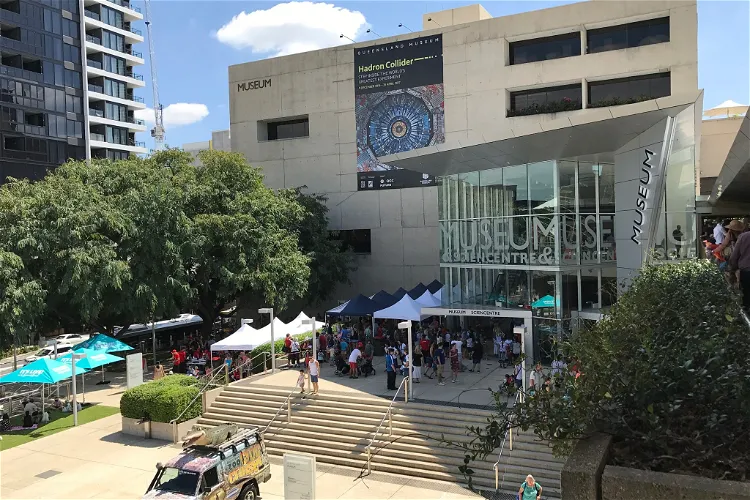
Queensland Museum
BrisbaneThe Queensland Museum, located in Brisbane, is the state museum of Queensland. It is dedicated to showcasing natural history, cultural heritage, science, and human achievement. Visitors can expect to explore a wide range of exhibits that delve into these diverse areas, providing a comprehensive understanding of Queensland's rich history and culture.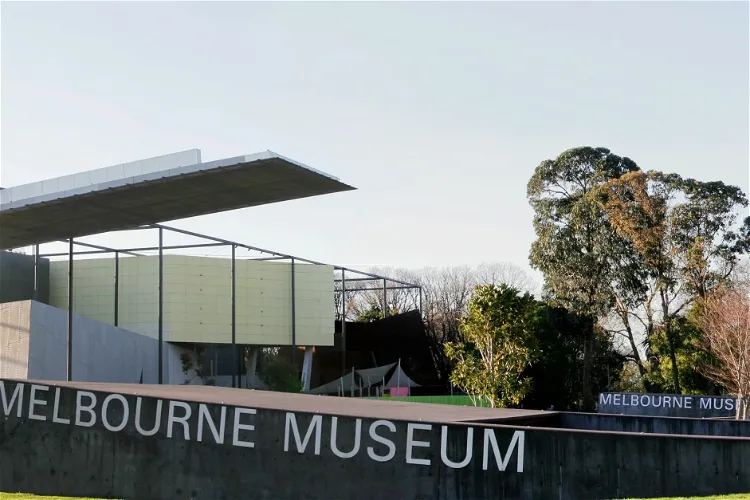
Melbourne Museum
MelbourneThe Melbourne Museum, the largest museum in the southern hemisphere, is situated in the Carlton Gardens, a public park in Melbourne. It shares this location with the Royal Exhibition Building, a structure that is over a century old. This location provides a unique blend of natural beauty and historical architecture, making it an interesting place to visit.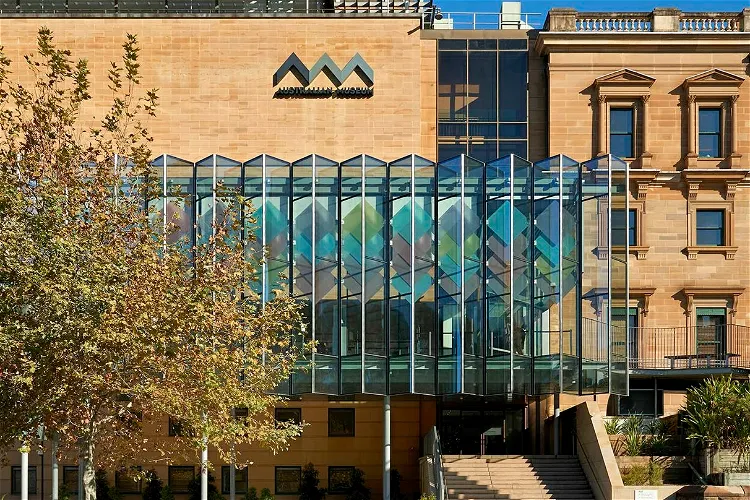
Australian Museum
SydneyThe Australian Museum in Sydney, established in 1827, is the oldest museum in Australia. It primarily focuses on natural history and anthropology, housing extensive collections in zoology (vertebrates and invertebrates), mineralogy, paleontology, and anthropology. This museum offers a unique opportunity for visitors to explore Australia's rich natural and cultural heritage.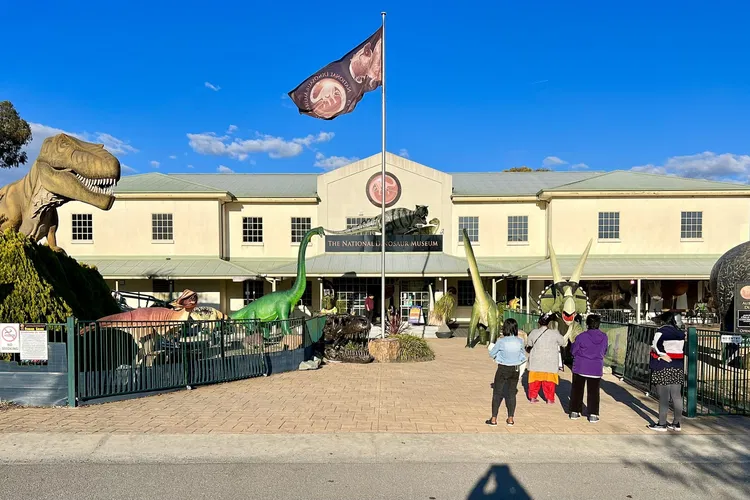
National Dinosaur Museum
NichollsThe National Dinosaur Museum, located in Canberra, Australian Capital Territory, is Australia's largest permanent display of prehistoric specimens. This makes it a significant destination for those interested in prehistoric life and the evolution of dinosaurs.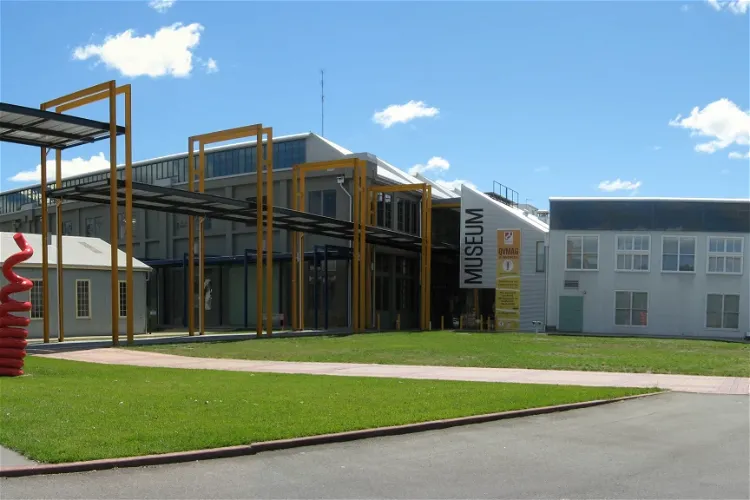
Queen Victoria Museum & Art Gallery
LauncestonThe Queen Victoria Museum and Art Gallery (QVMAG) is a significant cultural institution located in Launceston, Tasmania, Australia. It holds the distinction of being the largest museum in Australia that is not situated in a capital city. This makes it a unique destination for tourists who are interested in exploring Australia's rich cultural and historical heritage outside of the usual metropolitan areas.- 6
The National Opal Collection
MelbourneThis collection of gemstone so typical for Australia has won many awards. Interesting exhibition about its origin. 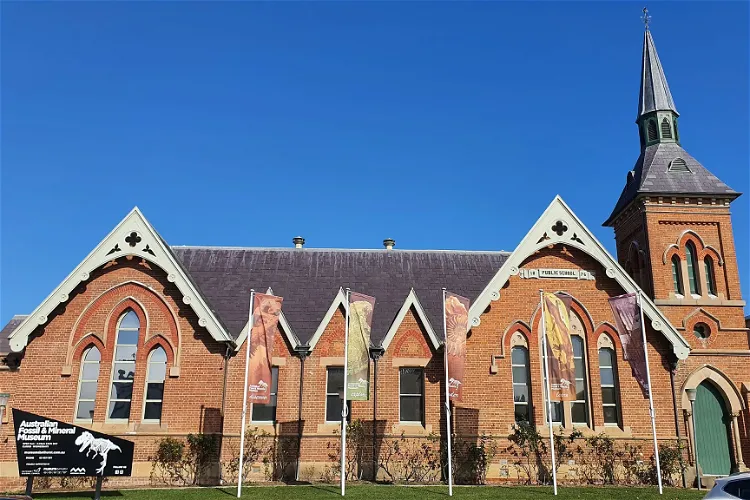
Australian Fossil and Mineral Museum
BathurstThe museum showcases nearly 2000 specimens from the internationally acclaimed Somerville Collection. This collection is a mix of fossil and mineral specimens, with approximately one third being fossils and two-thirds being minerals. It features some of the finest and rarest examples of minerals from around the world and scientifically significant fossils from Australia.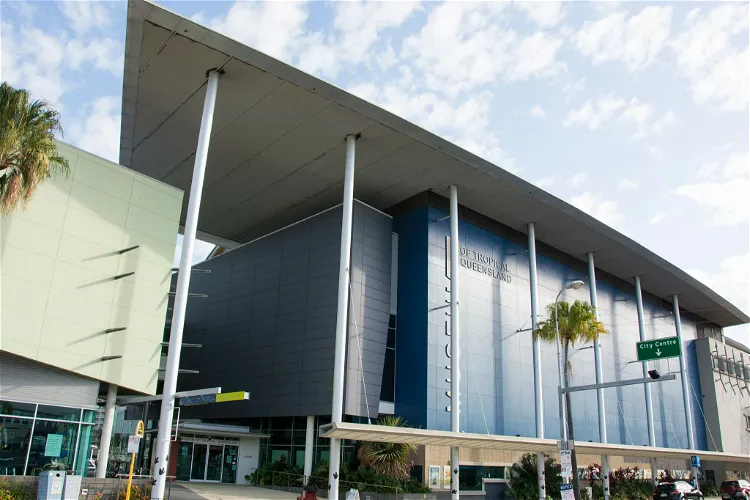
Museum of Tropical North Queensland
Townsville CityThe Museum of Tropical Queensland, abbreviated as MTQ, is a significant part of the Queensland Museum Network. It is situated in the vibrant city of Townsville, Queensland, Australia. The museum offers a unique insight into the rich history and biodiversity of North Queensland, making it an interesting destination for tourists.
Monto Historical and Cultural Centre
MontoThe Monto & District Historical Society is a community organization dedicated to preserving and sharing the history of Monto and its surrounding district. They operate the Monto Historical and Cultural Centre, which features a museum with historical displays, a cultural centre with photographic exhi- 10
The Age of Fishes Museum
CanowindraThe Age of Fishes Museum, located in Canowindra, New South Wales, Australia, is a unique destination for those interested in paleontology and natural history. It is one of only two fish fossil museums in the world, making it a rare and valuable resource for scientific study. The museum is also recognized as a National Heritage site, a testament to its international scientific significance.